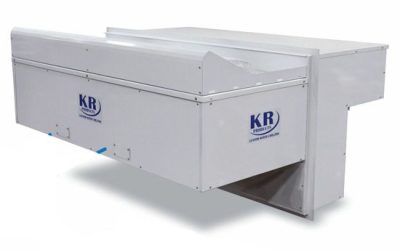The dependability of constant and reliable power has never been more valuable in our ever-digital environment. Maintaining activities and protecting data depends on a continuous power supply, regardless of the location—commercial or domestic. Here is where UPS systems—uninterruptible power supply systems—help.
Ensuring Continuous Power and Protection for Sensitive Equipment
Should the primary power source fail, an uninterruptible power supply systems provide backup electricity. It guarantees that electronic equipment and systems stay functional by bridging the gap between power disruptions and the comeback of energy. UPS systems are used to protect delicate equipment from power outages, surges, and oscillations that can cause disruptions.
There are several types and capabilities of UPS systems, each tailored to specific requirements. The most commonly used UPS systems are offline, line-interactive, and online. Small businesses or homes would find offline UPS systems appropriate because they provide simple backup power and surge protection. Additional benefits of line-interactive UPS systems include voltage control, which helps guard against small power fluctuations. Conversely, by constantly converting incoming power to DC and then back to AC, we are guaranteeing a consistent and pure power supply and offering the best degree of protection.
Ensuring Seamless Power Continuity and Protection
The main benefit of uninterruptible power supply systems is their capacity to offer a flawless transition during outages. This is very important in situations where even a power loss could cause data loss, equipment damage, or operational downtime. UPS systems guarantee that systems stay operational, thereby enabling users to save work, appropriately shut down machinery, or transition to other, uninterrupted power sources.
UPS systems’ ability to shield electronics from voltage spikes and power surges adds another advantage. Among the several causes of electrical surges are lightning strikes, defective wiring, or switching activities in the power system. These surges can damage sensitive electronics, leading to costly repairs or replacements. A UPS system protects against these surges, therefore ensuring that linked equipment is secure and functional.
UPS systems also help to preserve data integrity. Power continuity is critical in sectors such as financial services and healthcare, where data has a significant advantage. A UPS system guarantees seamless data transactions and operation even in the event of power disruptions. This preserves corporate process dependability and helps to prevent possible data contamination.
Evaluating the Right Backup Power Solution for Your Needs
When selecting a UPS system, consider several factors to ensure it meets your specific requirements. When measuring either VA (volt-amperes) or kVA (kilovolt-amperes), the UPS’s power capacity should match the power consumption of the connected devices. Calculating the overall load and selecting a suitable UPS system depends on this. Uninterruptible electricity supply systems are essential for maintaining the dependability and continuity of electricity in many different environments. UPS systems protect critical data and help preserve operational efficiency by offering backup power and resistance against electrical disruptions. Choosing a UPS system requires evaluating your particular requirements and selecting a solution that provides the correct mix of capacity, run-through, and protection.
Including a UPS system in your power management plan is a proactive way to guarantee the seamless running of your essential systems and, hence, reduce the risks associated with power interruptions.



